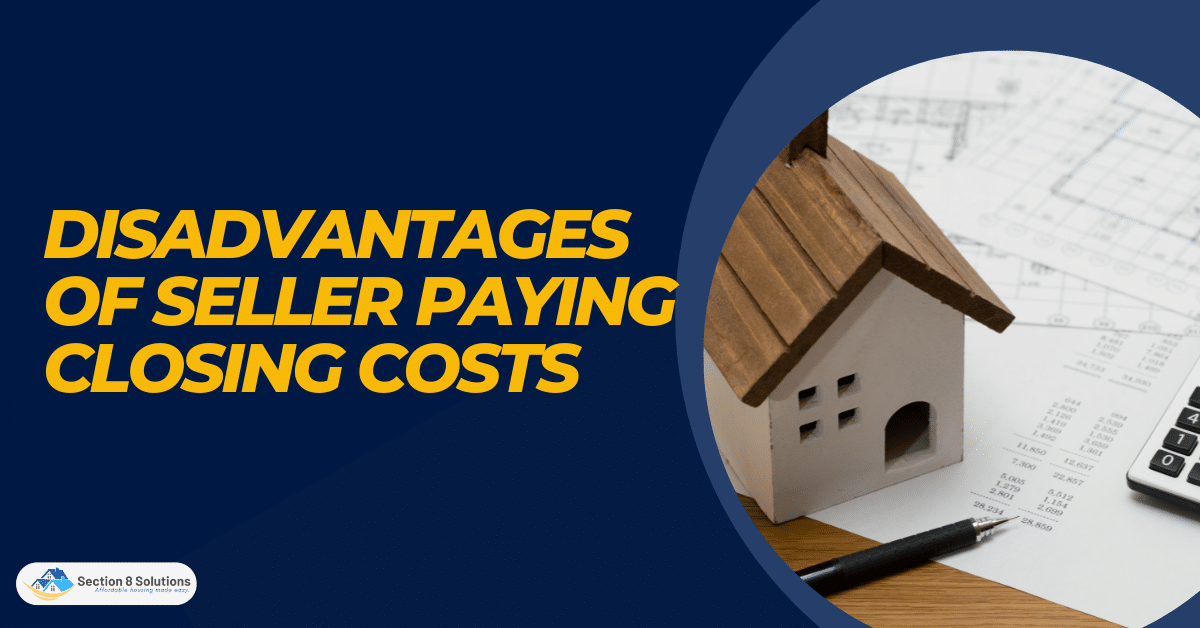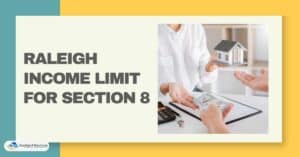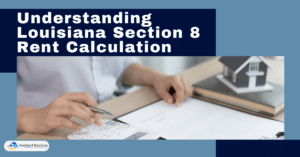One potential disadvantage of a seller paying closing costs is that it may lead to a higher sale price for the home. This is because buyers may be willing to pay more for a home if they know they will not have to pay as much in closing costs.
In this article, we’ll explore what seller-paid closing costs are, the advantages they offer, and the potential drawbacks sellers should consider before offering to pay these costs.

Higher Sale Price
Offering to cover the buyer’s closing fees may increase your home’s desirability and selling price. However, covering the buyer’s closing fees might reduce the seller’s profit. Buyers may negotiate for the seller to pay their closing fees, which might raise the selling price.
To avoid this issue, sellers can try negotiating with buyers to find a compromise that works for both parties. For example, they may offer to cover a portion of the buyer’s closing costs, rather than the entire amount. Alternatively, they may agree to a slightly lower sale price in exchange for the buyer covering their own closing costs.
It’s important for sellers to carefully consider their financial goals and the potential impact of offering to pay closing costs before entering into negotiations with buyers. By being strategic and flexible, sellers can avoid sacrificing too much of their potential profit while still attracting buyers with an attractive offer.

Lower Net Profit
Paying the buyer’s closing fees may diminish the seller’s net profit. This is because the vendor is effectively agreeing to bear an extra expenditure. The seller loses $5,000 if they pay the buyer’s closing fees.
Consider a $300,000 house sale. A bidder offers the entire asking price and demands $5,000 in closing fees. Even though the seller got the full asking price for the house, their net profit will be lowered by $5,000 if they accept.
Before paying closing costs, sellers should calculate their net profit. The selling price, real estate agent fees, closing costs, and any repairs or adjustments needed to sell the home are included. By considering all of these factors, sellers may determine whether they can afford to pay the buyer’s closing expenses or if they need to stick to their asking price to maintain their profit margin.

Risk of Appraisal Issues
Seller-paid closing expenses may hinder appraisal. Seller-paid closing expenses may boost the home’s value. If the appraiser thinks the home’s value is exaggerated, they may lower it, which might kill the deal or compel the seller to renegotiate.
Let’s assume a seller pays $10,000 in closing expenses for a $300,000 house. The appraiser may evaluate the residence at $295,000 if seller-paid closing fees raised its worth by $5,000. The lender may only lend on the home’s appraised worth, which might affect the buyer’s financing.
To prevent this, sellers should carefully consider paying closing costs. They may want to ask their real estate agent or an appraiser whether closing costs impact appraisal. Sellers may repair or renovate to entice buyers instead of paying closing costs. Clever sellers may dodge appraisal issues and strike a sale.

Perception of Desperation
Offering to pay the buyer’s closing costs can sometimes create the perception that the seller is desperate to sell their home. This can be a disadvantage for the seller because it may give the buyer leverage in negotiations and potentially result in a lower sale price for the home.
If a seller has been attempting to sell their house for a time without offers, they may offer to cover the buyer’s closing expenses to attract purchasers. However, this might be regarded as desperation and may make prospective buyers assume there’s something wrong with the house or that the seller is very driven to sell.
Sellers may exhibit the house, renovate, or provide incentives other than closing fees to prevent this impression. Sellers may also discuss selling strategies with their real estate agent, such as highlighting its unique characteristics or targeting certain purchasers. Desperate vendors may not obtain a fair price.

Potential Tax Implications
Paying the buyer’s closing fees may affect the seller’s taxes. The IRS considers closing fees a seller’s expenditure, therefore they may have to declare them as a capital loss on their tax return. The seller may owe extra taxes depending on the transaction.
For example, let’s say a seller agrees to pay $10,000 in closing costs for the buyer, and the home is sold for $400,000. If the seller had originally purchased the home for $300,000, they would have a capital gain of $100,000. However, if they report the $10,000 in closing costs as a capital loss, their capital gain would be reduced to $90,000, potentially resulting in a higher tax bill.
To avoid tax difficulties, sellers should consult a tax consultant before paying buyer closing costs. Sellers may get tax advice from tax specialists. Sellers may also drop the home’s selling price by the same amount to reduce taxes. Tax specialists can help sellers avoid surprises and ensure a smooth transaction.

Tips for Sellers Considering Seller-Paid Closing Costs
If a seller is considering offering to pay the buyer’s closing costs, there are several tips they should keep in mind:

1. Understand the Potential Disadvantages
Additionally, understanding the potential disadvantages can help sellers prepare for negotiations with buyers and be more strategic in their approach. For example, if a seller knows that offering to pay closing costs could lead to a lower net profit, they may be more inclined to negotiate for a higher sale price instead. Overall, understanding the potential disadvantages can help sellers make a more informed and strategic decision about whether to offer to pay the buyer’s closing costs.
2. Calculate Potential Costs
Calculating the potential costs of paying the buyer’s closing costs is an important step for sellers to take before making an offer. This can help sellers determine whether they can afford to offer to pay closing costs and still achieve their desired net profit.
To calculate the potential costs of paying the buyer’s closing costs, sellers should first obtain an estimate of the closing costs from the buyer’s lender. This will typically include items such as appraisal fees, title insurance, and loan origination fees.

3. Consult With a Real Estate Agent
Consulting with a real estate agent is another important step for sellers to take when considering whether to offer to pay the buyer’s closing costs. An experienced agent can provide valuable insight into the local real estate market and whether offering to pay closing costs is a common practice in the area. They can also help sellers understand the potential impact that offering to pay closing costs might have on the sale, including the impact on the sale price and the potential for appraisal issues.
4. Consult With a Tax Professional
Consulting with a tax professional is an important step for sellers to take when considering the potential tax implications of offering to pay the buyer’s closing costs. Depending on the specific circumstances of the sale, offering to pay closing costs could result in the seller being subject to additional taxes or penalties. For example, if the seller is selling a rental property or a property that has appreciated significantly in value, they may be subject to capital gains taxes on the sale.

5. Consider Alternative Strategies
If a seller doesn’t want to pay the buyer’s closing fees, they have other options. Negotiate a lesser price. Lowering the selling price may encourage buyers to pay their own closing fees or allow sellers to keep more of their net profit.
Offer additional buyer-friendly incentives. The seller might provide a house warranty, pay for home inspection fixes, or add appliances or furniture. These incentives may mitigate the buyer’s closing expenses and make the house more desirable.

Conclusion
In conclusion, paying the buyer’s closing fees may attract more purchasers and increase the selling price. However, decreased net profit, assessment concerns, and the appearance of desperation are negatives.
Before proposing to cover closing expenses, sellers should examine other options including lowering the selling price or giving incentives. Sellers should contact a real estate agent or tax specialist to fully understand the ramifications of agreeing to pay closing fees. These stages help sellers decide how to sell their house.












